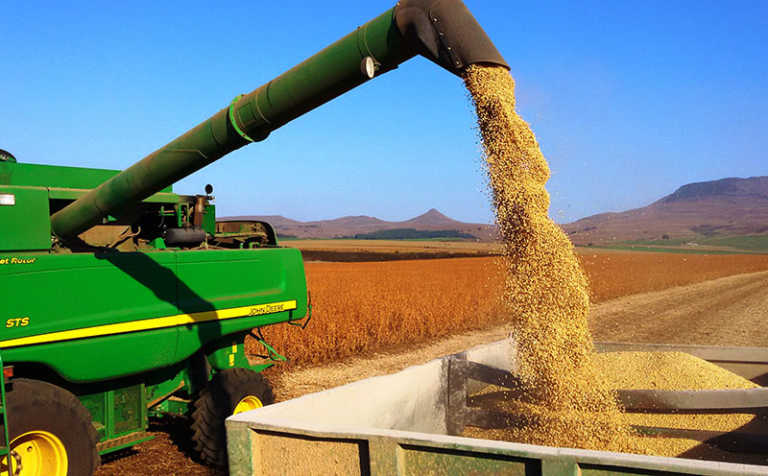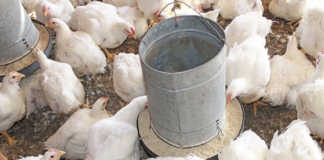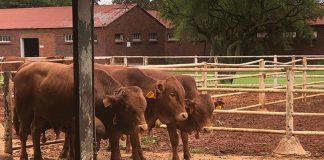
Photo: Lloyd Phillips
The higher costs of raw ingredients for chicken feed combined with depressed consumer spending during the period 1 October 2018 to 31 March 2019, were key factors in the 51% decline in operating profit for Astral Foods Limited (Astral), compared with the preceding period.
Astral’s interim results for the six months ended 31 March 2019 showed that while the group had increased its revenue by 3% to R6,8 billion (31 March 2018: R6,6 billion), group operating profit dropped to R503 million (31 March 2018: R1,036 billion).
The interim results’ report stated that this was largely due to “tough macro-economic and challenging trading conditions” during the latest reporting period.
Astral’s poultry division, which produces and processes an average of five million birds a week, was particularly hard-hit by increased poultry feed prices that the company could not pass on to South African retailers and consumers, due to resistance from these sectors, the report said.
This was evidenced by the poultry division’s operating profit declining 68,9% to R258 million (31 March 2018: R828 million).
This was despite the division increasing its revenue by 1% to R5,5 billion (31 March 2018: R5,4 billion), mostly as a result of a “marked increase” in sales revenue from the division’s broiler breeding operations.
The report stated that broiler sales declined 1,1% and broiler feed prices increased by an average 9,2%.
However, an average 20g/bird improvement in broiler production feed conversion ratio saved the group approximately R17 million in feed costs during the period under review.
Gary Arnold, managing director of Astral’s agriculture department, told Farmer’s Weekly that ongoing imports of chicken products from Brazil and parts of Europe, often at below local cost of production, also contributed to profitability challenges.
Averaging about 41 770t/month during the six months, these imports equated to about 7,4 million birds/week compared to the South Africa’s broiler industry’s average production of 19,4 million birds per week.
On Astral’s near-term prospects, the company’s CEO, Chris Schutte, said: “We are expecting feed prices to continue increasing over the remainder of the financial period [ending 30 September 2019].”











